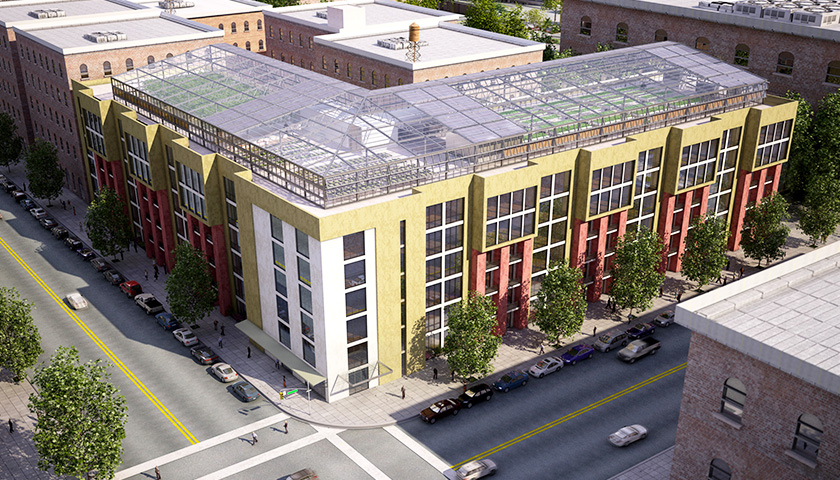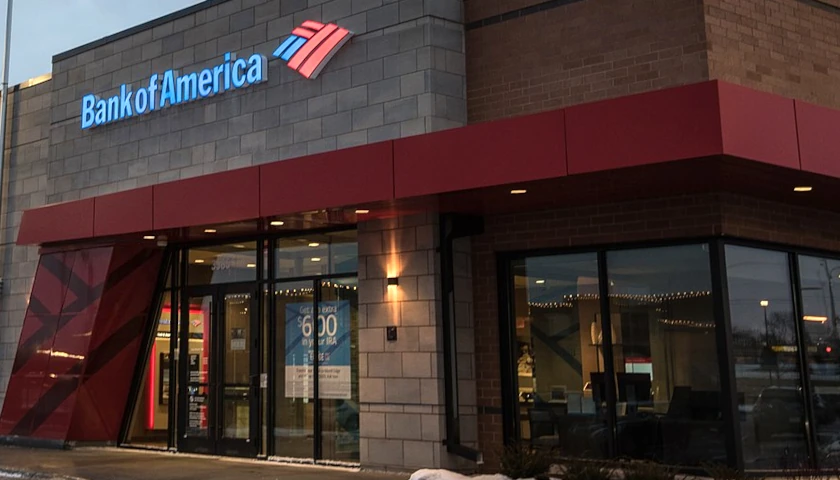by Christian Wade
Connecticut lawmakers are debating a plan that would offer property tax relief to senior citizens who agree to deed-restrict their homes as affordable housing.
The proposal, which cleared a key vote by the Legislature’s Housing Committee earlier this month, would allow seniors with household incomes of up to 80% of the area median income to “opt-in” to a program that deed-restricts their homes as affordable. In exchange, they wouldn’t be required to pay local property taxes.
Meanwhile, cities and towns would be allowed count the property toward their obligations under the so-called 8-30g law, which sets a goal that 10% of each municipality’s housing stock qualify as “affordable” housing. If the 10% target isn’t met, developers can propose projects that bypass local zoning regulations to build affordable housing.
The bill has won support for those who say it would help provide tax relief for seniors who choose to participate in the program, while helping cities and towns meet their affordable housing goals amid a shortage of new construction. Others say they support the bill because it would roll-back the state’s affordable housing mandate on cities and towns.
But the tax relief proposal is facing blowback from municipal leaders, who say it would siphon more property tax dollars from local governments amid a decline in state funding. They are urging lawmakers not to add more tax exemptions, saying it would undermine the ability of cities and towns to fund schools, police departments and other critical services.
“Mandated or local option property tax exemptions simply shift a greater tax burden to other residents and businesses without addressing the root causes of Connecticut’s over-reliance on the property tax to fund local services,” Betsy Gara, executive director of the Connecticut Council of Small Towns, which opposes the plan.
Gara said shifting the property tax burden to other taxpayers also “puts pressure on municipalities to cut programs and services to rein in property tax levels.”
The Connecticut Conference of Municipalities said local governments “should be able to allocate the funds as they see fit if the back taxes are paid back to the city or town.”
“Tying a municipality’s hands and forcing them to spend it on affordable housing, while laudable, does not reflect the current circumstances where inflation and costs are rising and municipal revenue remains flat causing municipal budgets to be stretched thin,” the group wrote in a statement opposing the bill.
The plan is also being criticized by some housing groups who say it may help local governments meet affordable housing requirements, it won’t increase the amount of stock.
Sean Ghio, a senior policy advisor for the nonprofit Partnership for Strong Communities, said in testimony that while “well-intentioned” the proposal would weaken affordable housing requirements “without necessarily expanding or preserving affordable homes for future owners or for any defined duration.”
More than 7,500 affordable housing units have been created through the state’s existing affordable housing requirements, said Jim Horan, executive director of the Local Initiatives Support Corporation, who said weakening those rules would remove incentives for communities to expand the number of affordable units.
“This is housing that otherwise would not have been built, due to restrictive zoning regulations that did not permit this type of development as-of-right,” he said. “Any efforts to weaken 8-30g will only hamper progress and set our state even further behind in meeting the goal to house our neighbors in need.”
– – –
Christian Wade is a contributor to The Center Square.
Photo “Affordable Housing” by BrightFarm Systems. CC BY 2.0.








